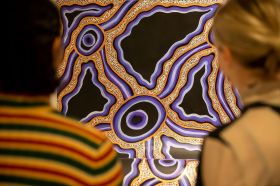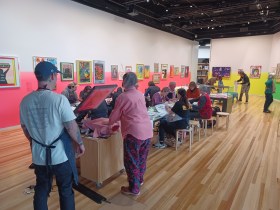The Monash Business School recently shared some surprising research that found women believe artificial intelligence (AI) assessments reduce bias in the job recruitment process, while men fear it removes an advantage.
The study was conducted through two field experiments. In the first experiment, more than 700 applicants for a web designer position were informed whether their application would be assessed by AI or by a human. When told that their applications would be assessed by AI, women were more likely to complete their applications.






